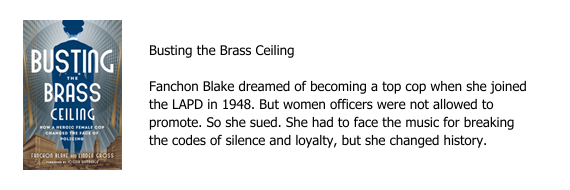So you think your book is finished and you’re done? Sure, you’ve completed that first draft of your book. Or maybe even the second. How great is that?
Despite your splendid accomplishment, odds are that your book is not ready for prime time.
Most of us would like to think of writing as a purely creative endeavor that flows from your brain to your fingertips and then spills onto the page. And, if you allow yourself to write sloppy copy, that can happen. But there’s an assembly-line sequence that’s required to turn your sloppy copy into a viable book. You have to:
Make sure your approach works.
Shape the content so your idea is conveyed as strongly as possible. If you’re writing a novel or a memoir, make sure your lead character has evolved after confronting a challenge, and that each scene contributes to your narrative and drives it forward. For you nonfiction writers, think of your premise as a case you’re making to the jury and eliminate anything that doesn’t strengthen your argument.
Remember that people remember and respond to stories more than they do to being told something. So show don’t tell.
Make sure you haven’t climbed up on a soapbox and hurled a bunch of information at the reader. Information doled out in bits and pieces and then woven throughout the text is a whole lot more appealing than an information dump where it all hits at once. How can you tell when you’ve provided too much information? If you’re getting that we-interrupt-this program-to-bring-you sense, it’s time to pull way back.
Add transitions so the reader isn’t in for a bumpy, confusing ride. Your leap from one idea to the next may be logical to you, but if you haven’t created a link between the two, it won’t be for the reader.
Add in telling detail if writing a novel, a memoir, or narrative nonfiction.
Power up your language. That means avoiding passive sentence structure as well as cliches and generalities. Opt for active verbs, original imagery, and precise vocabulary. For more on this, check out this news release I published in 2010.
Spell check your work. Spell checks like Grammarly and ProWritingAid will flag lazy or grammatically questionable language as well as errors. They’re tedious, but provide excellent insights into your writing bad habits.
Finally, if you haven’t already, check your formatting. Only then will you be ready to send your manuscript off to a line editor, followed by a copy editor. If you’re wondering why you would need either after all that work, please check out my self-publish like a pro blog post.




















0 Comments